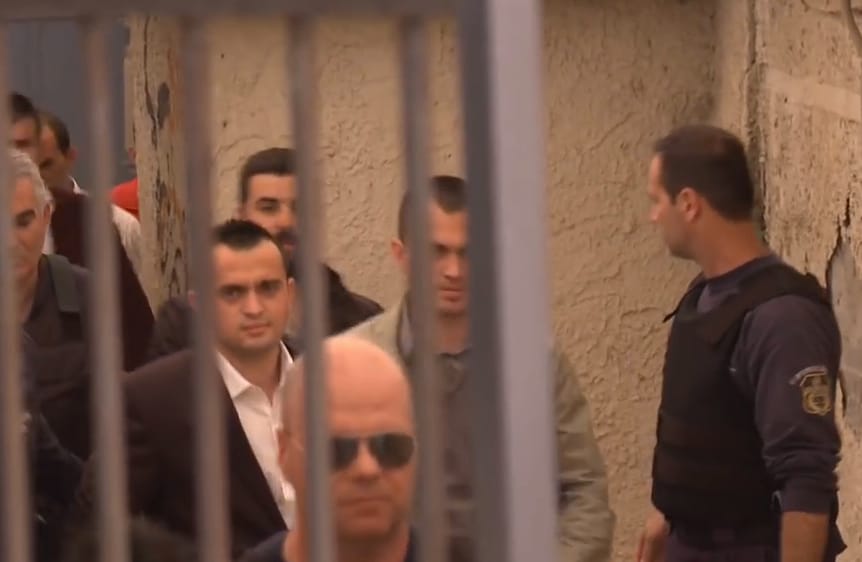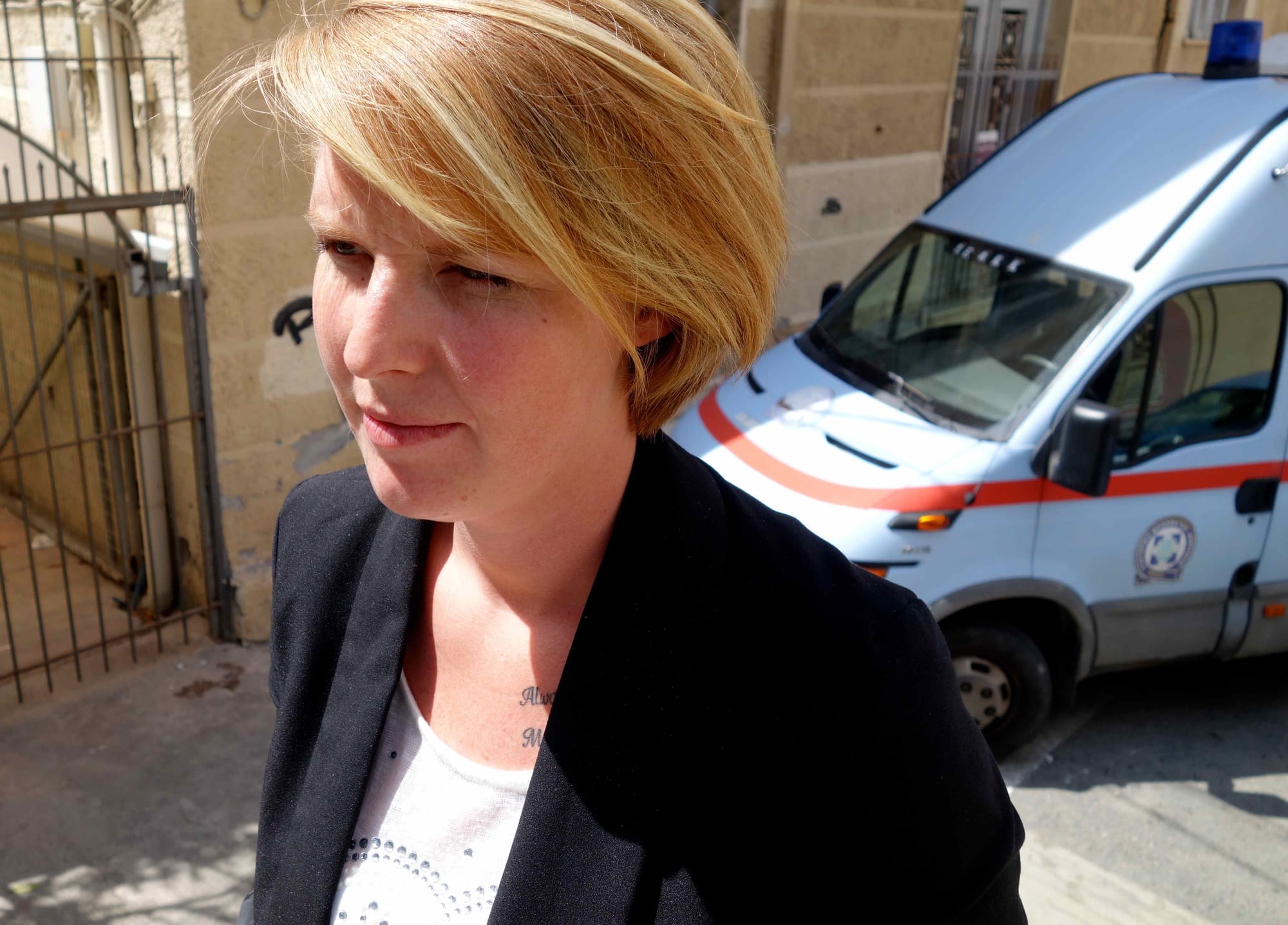What’s the best way to tell area residents about plans for a new asylum shelter nearby?
The government should tell communities directly about plans for new asylum shelters, some activists and politicians say.
On international Wrongful Conviction Day, the Irish Innocence Project is screening “In Doubt: the Mark Marku Case” at Griffith College.

Film-maker Aoibheann O’Sullivan first heard about Mark Marku’s case on Twitter. She saw one tweet that mentioned it, and then another.
“Eventually I stayed up all that night reading Julie’s [Marku’s wife’s] blog about what had happened in Mark’s case,” she said, recently over Skype. She tried to find out more from other media sources about the story, but it seemed that the case had gone under the radar and got little coverage.
“To me it seemed like such a good story, but I guess some stories just slip through the cracks and, unfortunately, in the world of factual film-making, when a story slips through the cracks, it’s a human life that slips through the cracks with it,” she says.

Luckily, O’Sullivan picked up the story.
On Friday, the Irish Innocence Project at Griffith College will host a special lunchtime screening of her documentary In Doubt: The Mark Marku Case, for the second annual Wrongful Conviction Day.
The event, which is free of charge and takes place at 1pm at Arthur’s restaurant on Griffith’s campus, will be one of many put on by the scores of innocence projects around the world to mark the day.
“This is one day a year when innocence projects around the world seek to call attention to one of the most pressing social-justice and human-rights issues we face – that of wrongful convictions,” said David Langwallner, Griffith’s dean of law, and director of the Irish Innocence Project.
In Doubt tells the incredible and tragic story of Mark Marku, a young Albanian man married to Irish woman Julie O’Reilly Marku, and sentenced to 18 years imprisonment in Crete in 2010 for a series of robberies of which he claims he is innocent.

The Irish Innocence Project, which has been assisting Marku’s defence, says it has found convincing evidence of his innocence, including documentation that proves he was in Ireland at the time many of these crimes took place.
The prosecution claimed on the last day of the trial that this documentation, both state and legal, including affidavits, employment records and passport stamps, was falsified.
The prosecution didn’t present any evidence to back up this claim, nor had it raised concerns over the documentation in the three months since they had been lodged with the courts.
Before she met Marku’s wife Julie, film-maker O’Sullivan wasn’t wholly convinced of Marku’s innocence, she admits. And the Innocence Project couldn’t say for definite whether he was, not until the court documents were translated and all the DNA evidence was analysed, she says.
“And then it became highly apparent that this case was a miscarriage of justice,” she says.
In addition to the screening this Friday, there will be an introduction of O’Sullivan’s film by Langwallner, who supervised the Irish Innocence Project’s involvement with Marku’s case, testified at his trial in Greece and assisted with its submissions before the Greek Supreme Court.
Following the screening, there will be a Q & A session and a raffle.
The half-hour screening of In Doubt: The Mark Marku Case will take place at 1pm Arthur’s restaurant on the campus of Griffith College on Friday 2 October.
Get our latest headlines in one of them, and recommendations for things to do in Dublin in the other.